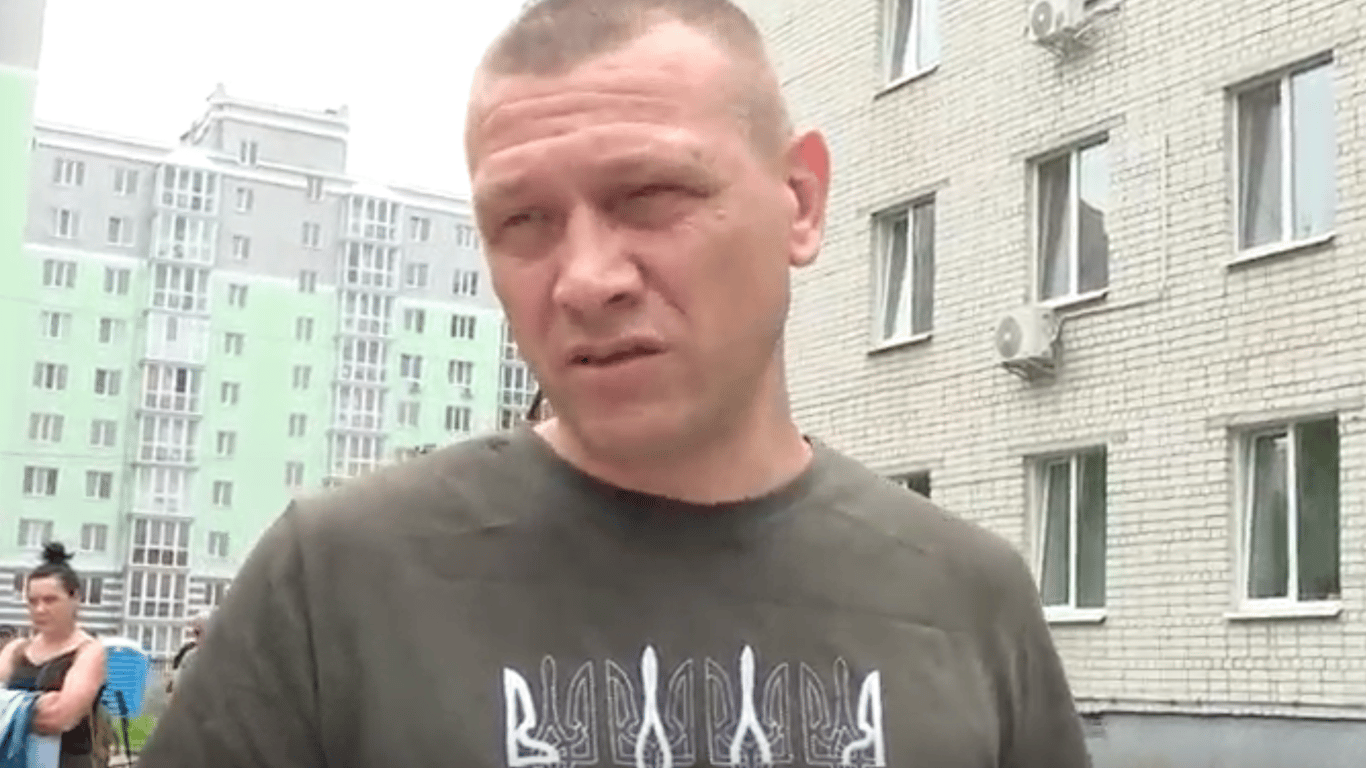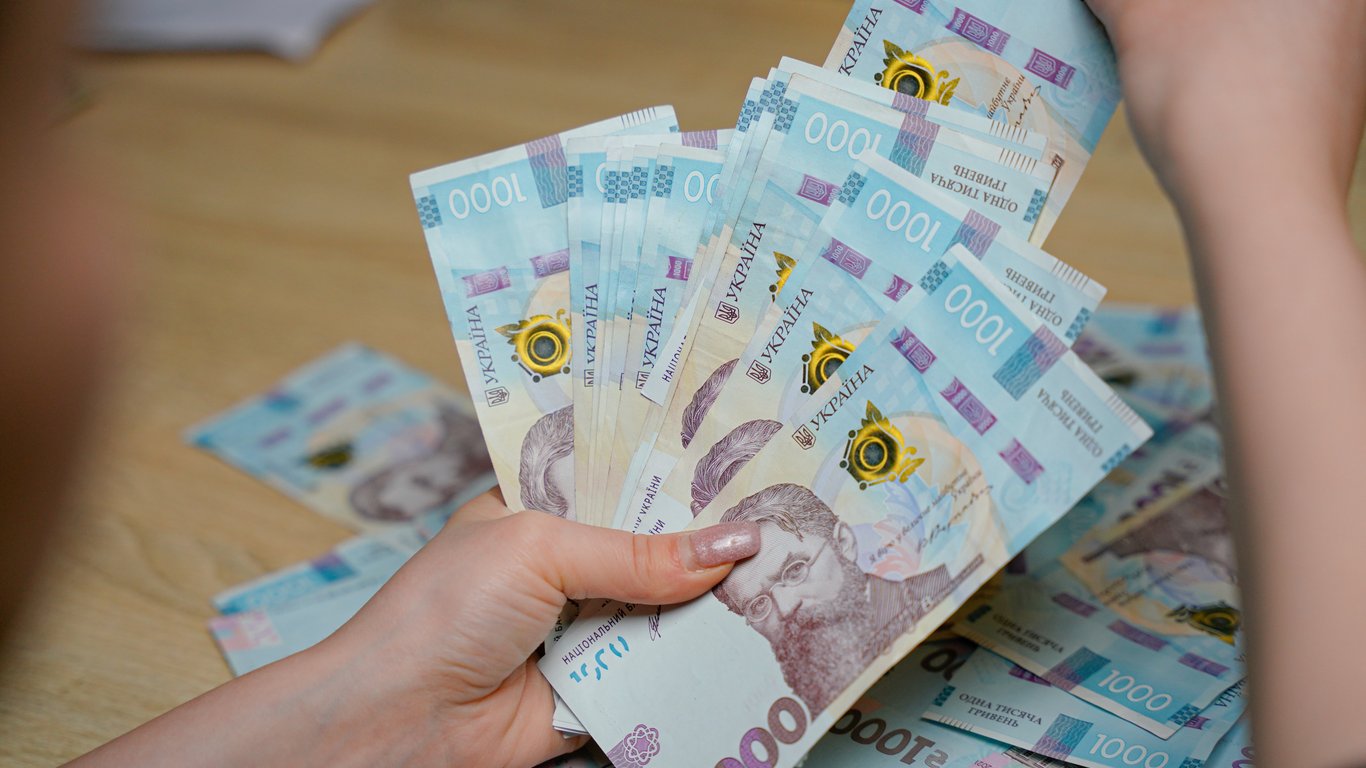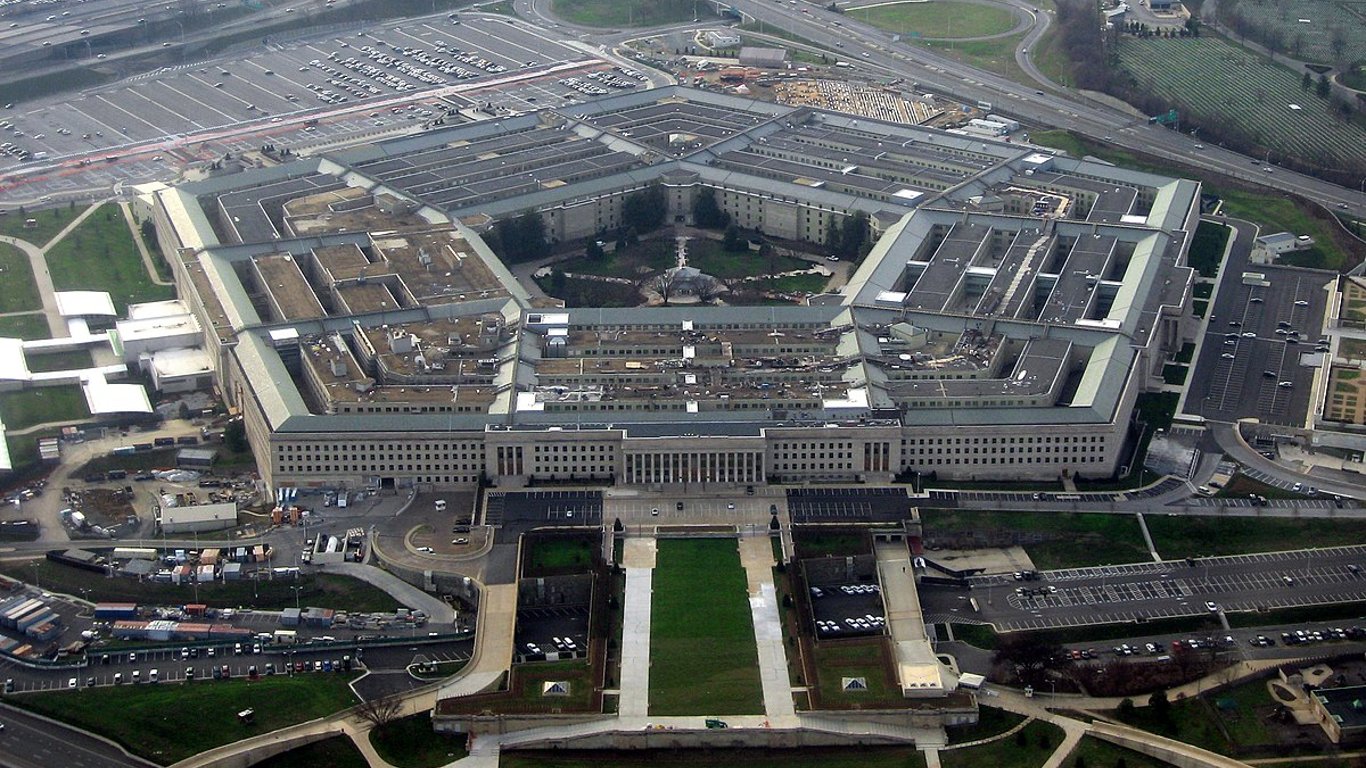Do residents of South Korea support providing weapons to Ukraine: survey results.


82% of South Korean residents oppose providing military aid to Ukraine
According to a Gallup Korea survey, 82% of South Korean residents do not support providing military aid to Ukraine. This research was conducted following reports of Ukraine's intention to request weapons from Seoul. However, Donald Trump's victory in the U.S. elections has created uncertainty for these negotiations.
South Korea is one of the largest global arms exporters and has made significant defense agreements with neighboring countries of Ukraine. They will also provide Ukraine with other non-lethal aid, such as demining and bulletproof vests. However, South Korea currently does not rule out supplying weapons to Kyiv, especially due to the threat posed by North Korea, which has deployed its troops in Russia.
The Democratic Party of South Korea criticizes the government for the possibility of providing arms assistance and calls for support in the parliament.
South Korean President Yoon Suk-yeol noted that the possible provision of weapons to Ukraine would be in accordance with the country's policy. He stated that if South Korea decides to provide weapons to Ukraine, they will first provide defensive armaments. Yoon Suk-yeol emphasized that they will closely monitor the actions of North Korean soldiers and provide assistance regarding defensive weapons if necessary.
A Ukrainian delegation with Defense Minister Rustem Umerov has also arrived in South Korea for further cooperation.
Read also
- One 'Ivan' for 38 square meters of Ukraine — there is statistics of Russian losses in summer
- Nerves in the limbs have died, - a prisoner of war on captivity in the Russian Federation
- Penalties for Ukrainians — what they want to fine in 2025
- Unfinished Education - Can the TCC Refuse a Deferral
- USA to Pressure Japan and Australia on Taiwan Situation
- Deferral in 'Reserv+' — who can automatically receive it









